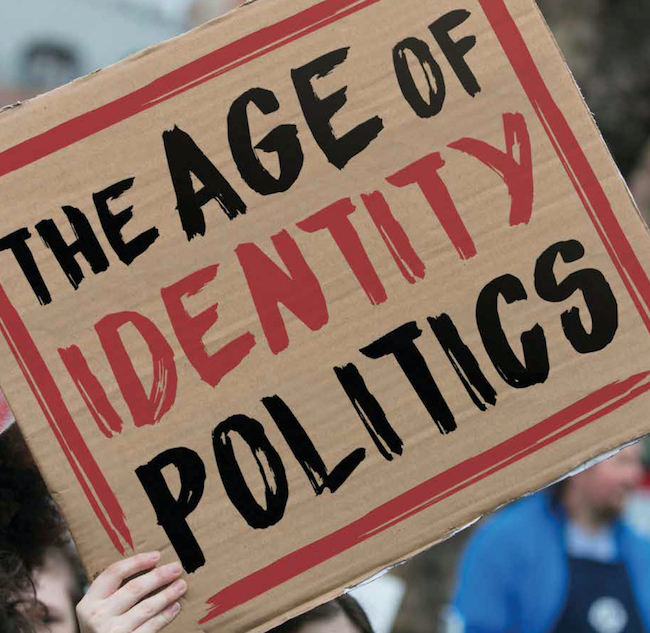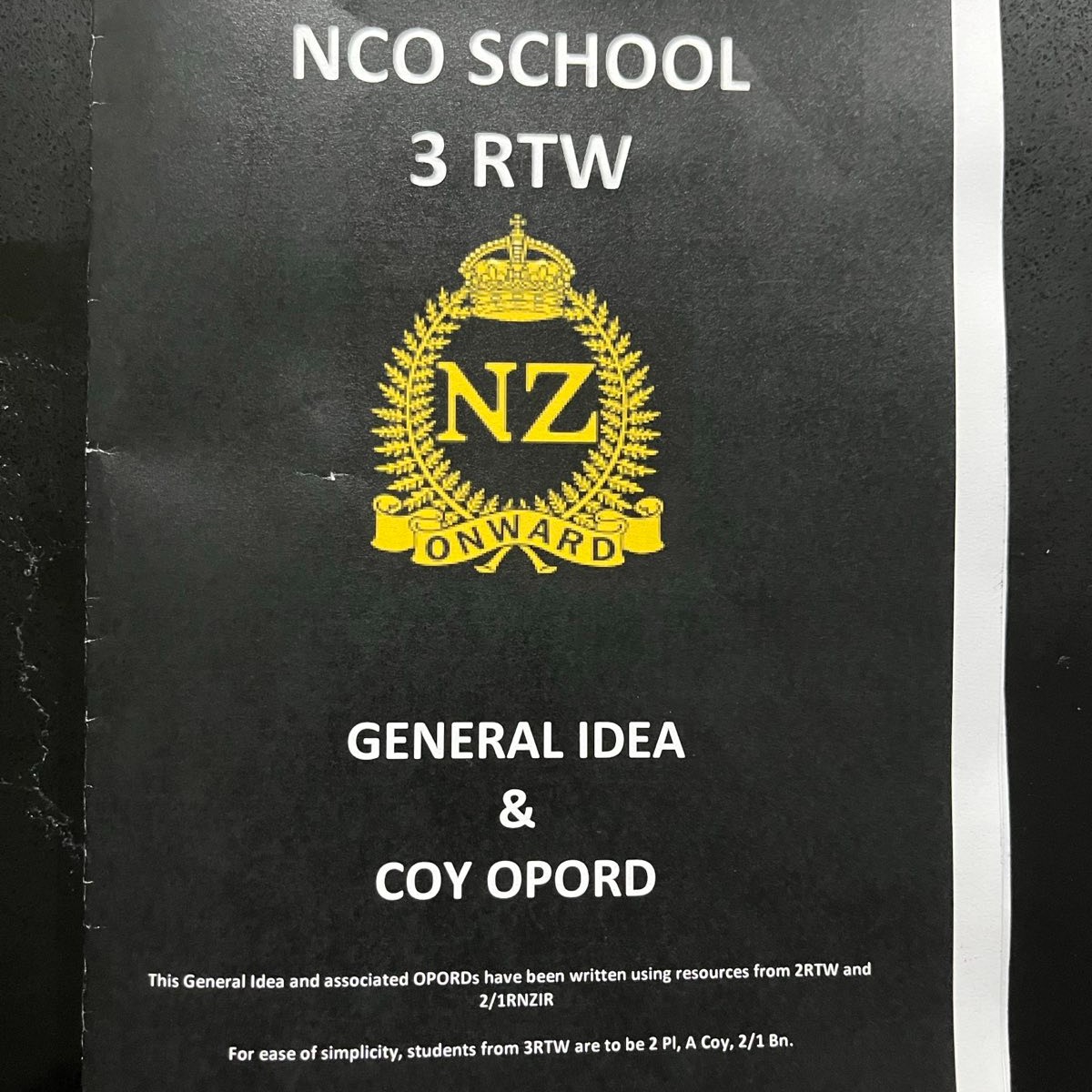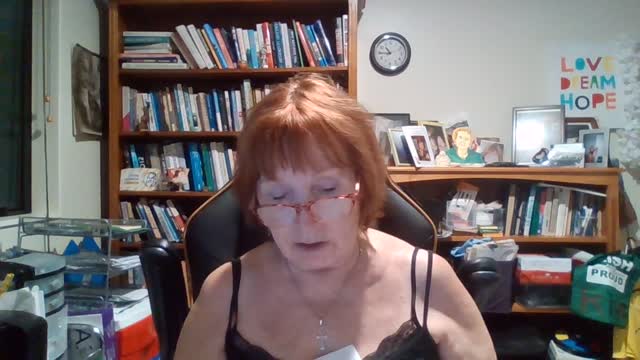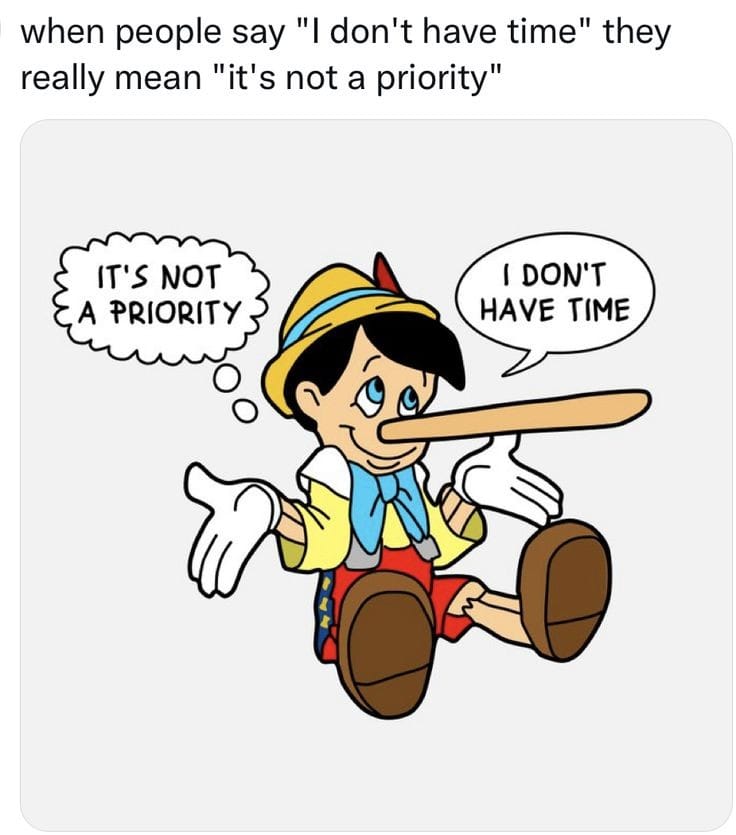
CO-GOVERNANCE AND THE ADOPTION OF THE UNDRIP
‘Refers to Horomia’s speech in Parliament’; \
‘Parekura Horomia ‘Minister Maori Affairs’ Speaker of the House’ (15th September 2007).
‘UNITED NATIONS DECLARATION FOR RIGHTS OF INDIGENOUS PEOPLE’ (UNDRIP)
Parekura Horomia. announced that the “Mâori Party have their head in the clouds over non-binding UN Declaration-for Rights of Indigenous People”. He stated that “The Mâori Party is full of hollow talk over the government’s decision not to support the Declaration on the Rights of Indigenous Peoples and contrary to a number of misleading claims by the party’s co-leaders today, the New Zealand government did not vote against a move at the United Nations to outlaw discrimination against indigenous peoples”.
Horomia said “Nor does the government accept Tariana Turia’s ridiculous claim that this government believes indigenous people are “sub-human with only sub-human rights” – which I, and no doubt my Mâori caucus colleagues, frankly find offensive. The declaration adopted in the UN yesterday is in effect a wish list which fails to bind states to any of its provisions, this means it is toothless” and added “I’m actually more than a little surprised the Mâori Party is prepared to back something which effectively offers indigenous peoples no more than aspirational statements.”
Horomia added “our government has worked extremely hard over a number of years to help forge a declaration which protects and promotes the rights of indigenous peoples in a meaningful way – and which states could actually implement. The declaration adopted does neither and while we are proud of our efforts, we are deeply disappointed with the final result which we could not support.” He also pointed out that there are “four provisions we have problems with, which make the declaration fundamentally incompatible with New Zealand’s constitutional and legal arrangements and established Treaty settlement policy” and he explained they are:-
“Article 26 of the UN Declaration (UNDRIP) states that indigenous peoples have the right to the lands, territories and resources they have traditionally owned, occupied or otherwise used or acquired. For New Zealand this covers potentially the entire country. “It appears to require recognition of rights to lands now lawfully owned by other citizens, both indigenous and non-indigenous. This ignores contemporary reality and would be impossible to implement. The declaration also implies that indigenous people should have a right of veto over parliamentary law-making.” and……..
“The government strongly supports the full and active engagement of indigenous people in democratic decision-making processes. But these articles imply different classes of citizenship, where indigenous peoples have veto rights not held by others. Indigenous rights in New Zealand are of profound importance. The Treaty of Waitangi is the founding document of this country and we have an unparalleled system for redress. Nearly 40 per cent of New Zealand fishing quota is owned by Maori and claims to over half of the country’s land area have been settled. We also have some of the most extensive consultation mechanisms in the world, where the principles of the Treaty of Waitangi, including the principle of informed consent, are enshrined in resource management law”.
Horomia concluded “The Labour-led government is focused on pursuing goals which achieve real results for real people. It’s about time the Mâori Party got its head out of the clouds and focused on achieving some real milestones, rather than pie-in-the-sky talk which won’t make a lot of difference in our peoples’ lives”
RESEARCHED INFORMATION AND LINKS:
NZ CONSTITION & UNDRIP: The Green, Maori and Labour Parties are intent on introducing the UNDRIP throughout NZ’s Constitution. An UN News Media Report states ‘Eugene Sage stated “It’s time to introduce the UNDRIP into NZ’s Constitution”. There is no concrete written constitution. Unlike many other nations New Zealand has no single constitutional document. It is an uncodified constitution, sometimes referred to as an ‘unwritten constitution’. It is an amalgamation of written and unwritten sources https://bpb-ap-se2.wpmucdn.com/blogs.auckland.ac.nz/dist/8/776/files/2022/11/The-Constitutional-Korero-Conference-Handbook-2022.pdf 44 pages pdf
PARTNERSHIP (Co-governance): Nanaia Mahuta refers to “refining aspects of the proposed new system as well as mechanisms for transition through continued partnership with the local government sector, iwi/mana whenua and industry” (NZ Water Conference-Expo 2022).. https://www.beehive.govt.nz/speech/water-new-zealand-conference-and-expo-2022 .
HE PUAPUA, THREE WATERS & MAORI HEALTH AUTHORITY: Are all in the lead up to namely ‘NZ’s Vision 2040’ ( Crown (Govt) collaborating with the Iwi Chairs Forum.). Hence the pre-planning of the removal of the Resource Management Act ) 2021 (RMA), replacing this with three new legislations that will accommodate the road to entrenching the UNDRIP into New Zealand’s economy. Infrastructure, education, health etc., (Co-governance)
SIGNING OF UN DECLARATION FOR RIGHTS OF INDIGENOUS PEOPLE (UNDRIP): New Zealand does a U-Turn on UNDRIP as Pita Sharples Minister of Maori Affairs secretly travels to New York UN Assembly to sign UN Declaration for Rights of Indigenous People. UNDRIP is known as an ‘aspirational document’. Labour stated that the signing of the UNDRIP by NZ would create ‘two classes of citizenship in NZ’ and would give “indigenous Maori ‘veto rights over the laws made in Parliament”. John Key assured NZr’s the UNDRIP is “non-binding” https://www.stuff.co.nz/national/3599153/NZ-does-U-turn-on-rights-charter
RIPPLES FROM THE ‘DRIP’ (UNDRIP) Stuff NZ reported 1st May 2010. Refers to the advancement of Maori Sovereignty and the Maori Party advanced its agenda of apartheid of two peoples in one land. Maori to hold an especially privileged place in NZ. High Court Judge Eddie Durie noted that the ‘UN declaration will influence all future law and policy practice, and spoke of a ‘tax payer funded jaunt to New York’ The damage will be considerable. “The Right to Self-determination is to(Art 3) ‘freely determine their political status’ (Art 4) UNDRIP. Maori activists will see this as ‘seperatism’. John Key stated that the UNDRIP is merely an ‘aspiration’. (Art 19) UNDRIP ‘The Government & it’s Successors give the ‘right of veto’ to Maori upon policies they consider may not be in their best interest’. https://www.stuff.co.nz/sunday-star-times/columnists/3619989/Ripples-from-this-DRIP-will-be-far-reaching
MY PERSONAL OPINIONS: The UNDRIP ‘Self Determination of Indigenous people’. That ‘Self-determination’ only applies to certain Iwi Elite (Individuals, Organizations, Corporations etc). The aspect of all New Zealanders lives are determined in far away places. New Zealand is the outpost of the UN/WEF (NZ is the WEF Guineapig State). UN-WEF Strategic Partnership signed 13/6/2019. UNDRIP is an advancement, an integral process towards ‘co-governance’ namely a two tier class of citizenship namely ‘Cultural Marxism’ UNDRIP (Non-binding) Agreement: ‘Non-binding’ does not mean the government is not committed action this because it’s classified as ‘non-binding’. All UN ‘non-binding’ agreements sit in Parliament as a ‘Soft Law’ also known as ‘Grey Matter’. Hence can be entered into legislation by entering this into ‘Domestic Policy’, therefore becoming ‘Hard Law’ (Legislation). Legal but not necessarily ‘Lawful’. Non-binding UN agreements require no consensus in Parliament therefore are automatically accepted by all political parties. This is dangerous and ‘un-democratic’, the sovereign peoples of NZ have no decision making rights, neither do any political party member.
Carol Sakey https://wakeupupnz.org
-
-
Thursday - March 30, 2023 - CO-GOVERNANCE OF NEW ZEALAND
(24)





Leave a Comment